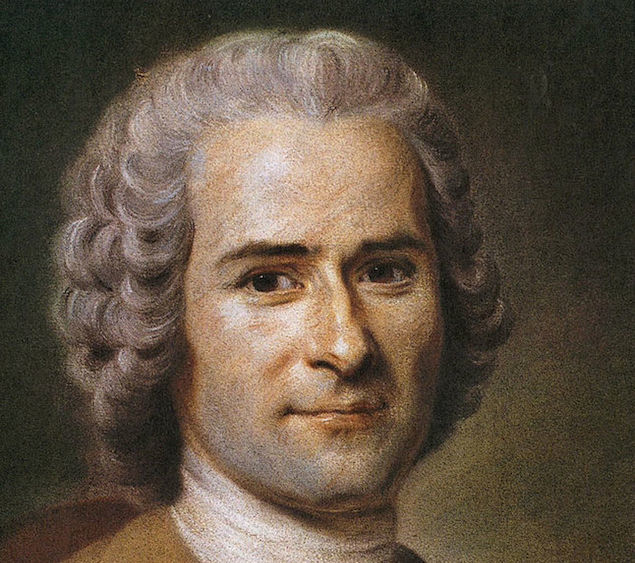Rousseau described the man in nature as strong, agile, smaller but more organized than the animals in his environment. His body is his only tool and his only weapon. The man of civilization would be easily beaten by the natural man in a fight. The natural man neither knows neither good nor evil, he is a sub-moral. His thought is composed of simple operations.
He has few needs, and for that, he easily manages to satisfy them. His passions are those of nature: food, sex and rest are the only things good for him and his only evils are pain and hunger. There is no reason why the wild man ceases to be wild. The savage is a naive, self-sufficient and peaceful.
The natural man is well balanced by his two trends, pity and self-preservation. In marital status, laws and virtues play the roles of these two instincts. Thus, inequality is hardly noticeable in the state of nature.
Rousseau studied man in two forms: physical appearance and his moral and psychological character.
“The first who, having enclosed a piece of land is thought of saying ‘This is mine’, and found people simple enough to believe, was the true founder of civil society. What crimes, wars, murders, what miseries and horrors would not have saved the human race who, pulling up the stakes or filled in the ditch, had shouted to his fellows: “Beware of listening to this imposter, you are lost if you forget that the fruits belong to all and that the earth belongs to no one! ”
Property created and institutionalized inequality between men. Work and oppression that results is a consequence of property. The institution of property is the beginning of moral inequality, because if people can “own” things, then the differences from “heritage” are unrelated to physical differences.
At this stage, if the natural man was governed by the need, the civilized man of leisure lives as cooperation and division of labour frees his time. The arts thrive, of course, but human relations are now based on interest rather than pity.
Property establishes classes, conflicts between rich and poor because the owner acts as if he possessed workers. The solution to this conflict is a contract, proposed by the rich to the poor, to form political societies. The poor are confident that, by accepting the creation of political society, they will be free and safe to preserve their freedom. But according to Rousseau, it is a liability: “Man is born free and everywhere he is in chains.” This shows how the Discourse on inequality announces the Social Contract.
Rousseau draws a very severe painting of modernity. His historical pessimism (history means decay) married optimistic anthropological (man is naturally good). The inequality comes from the property, but the growth in inequality is due to the development of the human spirit.
Excerpted from the-philosophy.com. The 307th birth anniversary of Jean-Jacques Rousseau is being observed on June 28.







